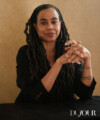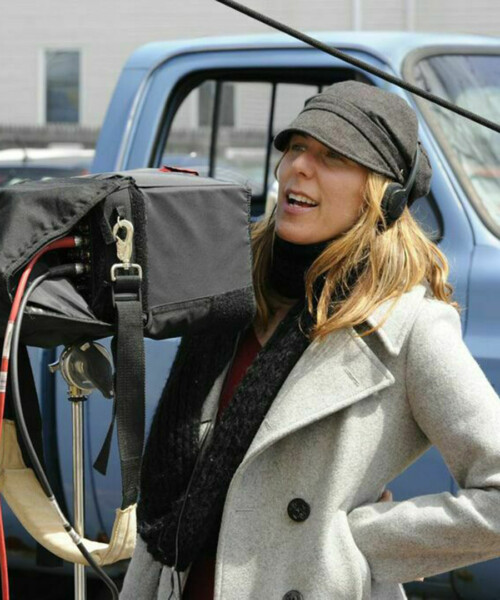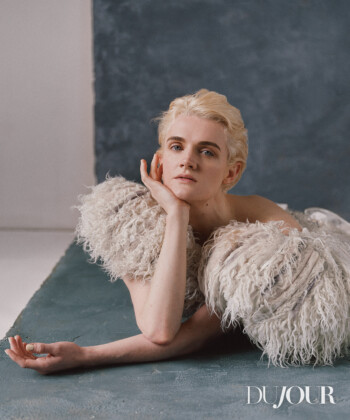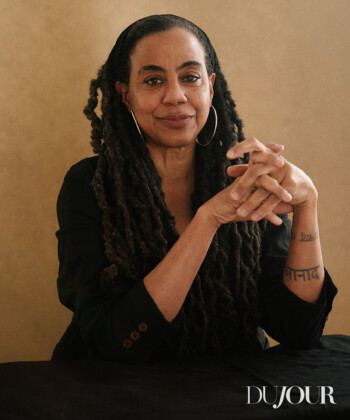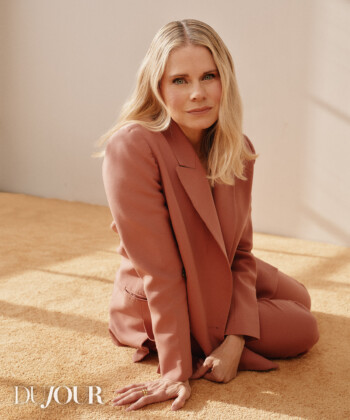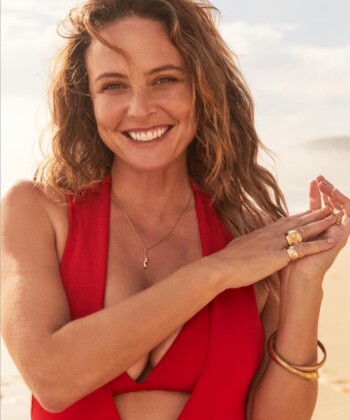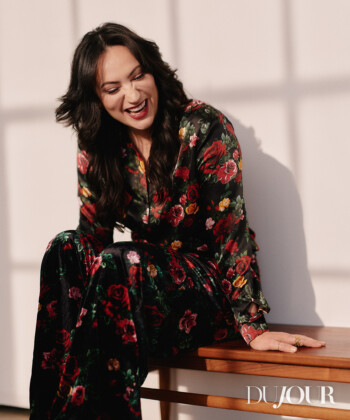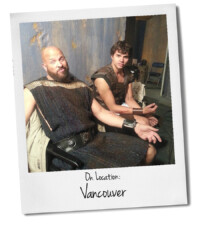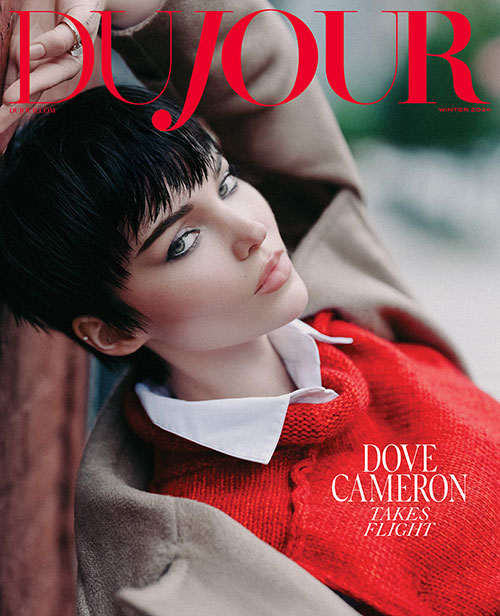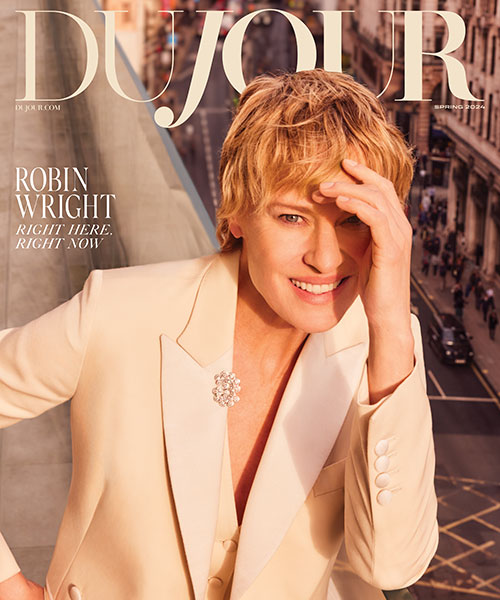Amy Berg has always been known as a documentarian thanks to her work helming films like Deliver Us From Evil and West of Memphis. In May, her first feature film, Every Secret Thing, will be released, making it clear that her formidable skill extends to stories of the fictional variety as well.
In Every Secret Thing, Berg directs a cast including Elizabeth Banks, Diane Lane and Dakota Fanning in a dark story about two young women just recently out of jail when a crime disturbingly similar to the one that put them away strikes their small town. Here, Berg discusses taking the leap into fiction, what she learned from making this film and how a twisted tale left her feeling so good.
Were you looking for a non-documentary project to take on?
This was a finished script when I read it, written by Nicole Holofcener. I had been looking for something for a while and it really spoke to me because of the themes the film takes on, they were in line with the kind of themes that I am normally interested in. I was at Sundance and I got a text from Frances McDormand saying that she wanted to meet, so I flew to New York a bit after that and we all sat down and talked about this script and the train started moving at that point and kind of kept going. There was a lot of positive energy around the film and it got set up pretty quickly and it all came together really nicely.
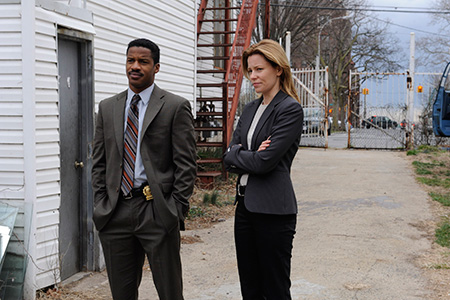
A still shot from Every Secret Thing
How was it different for you working on something not based in reality?
There are similarities and major differences. The similarities are that my documentaries are always based on conflicted characters, so I really spent a lot of time with the actors kind of understanding who these people were and really kind of creating a real arc for each character. And I really wanted it to look real. It’s a different process because you’re creating the world versus documenting the world, so we tried to go with as much of a natural backdrop that we could find.
Were there different challenges?
The challenges were a 21-day shoot, where we were shooting out of order—you’re shooting based on the location and not the page in the script—bouncing back and forth between past and present, and making sure every decision I was making is right because I knew how the clock was ticking and we couldn’t go over budget. On a documentary, you have a budget or you’re still raising money as you’re making it, and you can go back and forth between shooting and editing, but you obviously don’t do that when you’re writing a narrative so we had to get everything on that first shot.
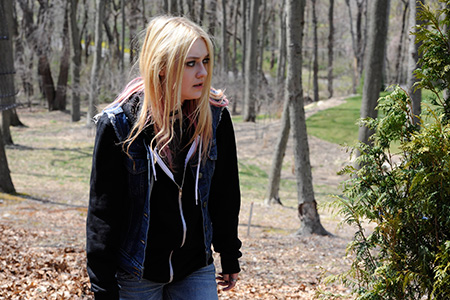
A still shot from Every Secret Thing
The film has a lot of heavy subject matter, from wrongful imprisonment to kidnapping and murder. How do you keep it from becoming a hard place to work?
We were so prepared when we got on set that I don’t think there was a mood hanging over us at all. There were a couple of really intense scenes, but we had a tremendous amount of love on our set and there were people who didn’t have to be there for this low-budget shoot, but everyone was there to deliver and so there a levity when we weren’t rolling.
Does working on a film like this give you a different perspective for documentary work down the line?
Yea, even with Prophet’s Prey, which I made that after this film, I tried to hold myself to a tighter schedule because we did actually set it up with a broadcast partner early on and I just tried it differently—and it was really nice. I worked with a bigger crew and shot it in a shorter amount of time but I had a really clear objective of what the movie was before I went in there so we got what we wanted instead of exploring like I usually do.








